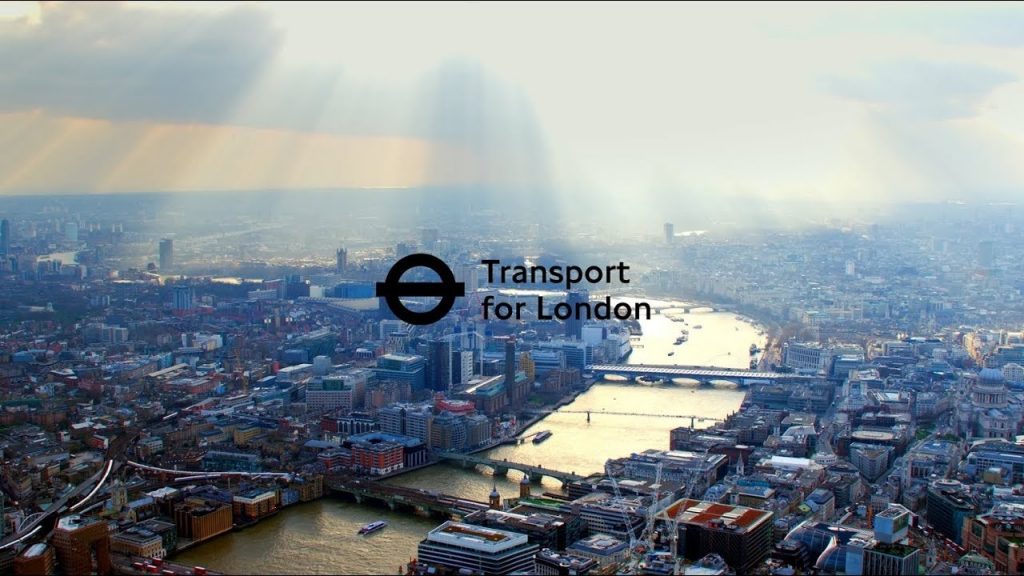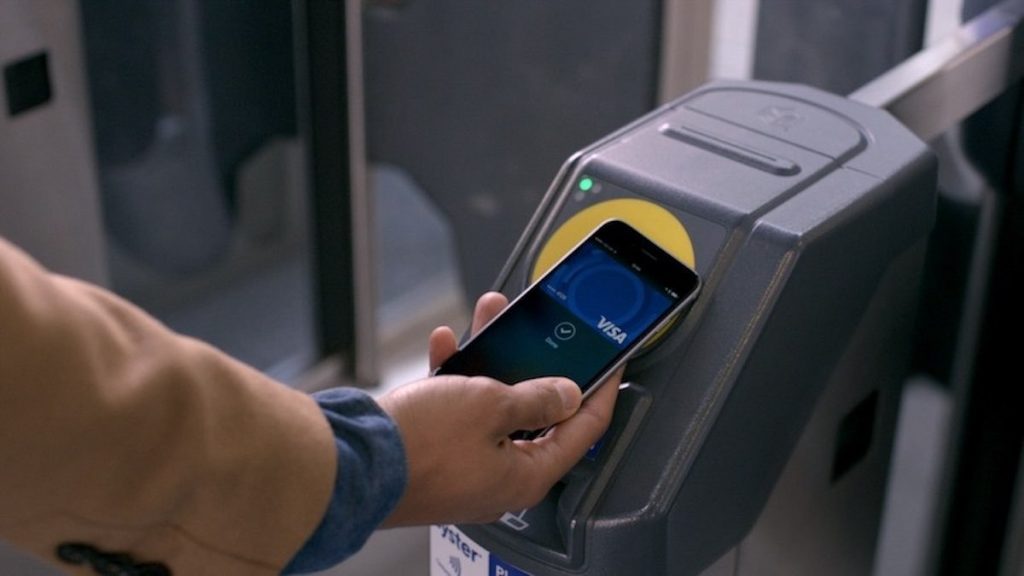
We spoke to Brian Coutinho, Recruitment Manager and Neil Taylor, Agile Development Lead from Transport for London about working on projects used by millions every day, how their tech teams operate and top tips for everyone heading to Silicon Milkroundabout this weekend
Who are Transport for London?
TfL run the day-to-day operation of the Capital’s public
transport network and manage London’s main roads. No other city is as
recognised by its transport system as London. Its red buses, black cabs and
Tube trains are known the world over. We work to make journeys easier through
technology and data. We provide modern ways to pay through Oyster and
contactless payment cards and provide information in different formats to help
people move around London.
At Transport for London, we’re contributing to the ultimate
smart city. Using smart tech, network connectivity and Big Data to meet the
challenges the future throws at us.
How do the tech teams
at TfL work?
We’re a department called Technology Development made up of
about 300 people, and that’s a mix of Developers, Testers, Product Owners,
SCRUM Masters, Business Analysts and Architects. We’re all located in the same
building across two floors of our office in North Greenwich. Culturally we are
a little bit different to the rest of TfL – you don’t see many shirts and ties
around the office! We have very relaxed working practices, we’re quite flexible
with start and finish times.
As a department we focus quite strongly on testing. Our
contactless platform bills around £7 million a night, so if we every deliver
any software into production that goes wrong, it’s not going to be a good news
story the next morning to wake up to. That’s very key to us – we take testing
very seriously.
We are almost exclusively a C#, .NET house. We split up into
three main areas: Online development, which takes in anything on TfL.gov.uk, but
also has a big open-data API which powers services like Citymapper and Google
Maps. Corporate, which powers apps such as SAP and Sharepoint and also work on
some projects around signalling systems. The Revenue team work on Oyster and
contactless.
What do you enjoy
about working for TfL?
People do come in to work here and have a good time, as cliched as it sounds, it’s kind of like a family at times. I’ve [Neil] been here 3.5 years now and when I joined, I thought “it’s a huge organisation I’m going to get lost amongst all the people” but it doesn’t feel like that at all. Everyone does know each other, certainly within Technology Development.
A great perk is free travel for you and a nominee around
London. But for me the best part is the culture and the breadth of work you get
to work on, work that gets used by Londoners every day. What drew me to working
here was knowing that I’m going to be working on something that’s going to be
making people’s lives easier and making travel frictionless around London. When
you hear people talk about visiting other big cities, you often hear them
mention how travelling was clunky. People sometimes moan about TfL, but we run
a very good service, particularly from our point of view in technology.
There are also great opportunities to develop. All roles are advertised internally, and people are encouraged to develop and take secondments. I am on my third job since joining three and a half years ago.
How do the teams
operate?
We work in agile and each SCRUM team will have one or two
projects it works on, normally an active job in development and a legacy
project. Within those teams it tends to be a product owner, three or four developers
and two testers, with SCRUM masters covering a couple of teams. That really
helps the culture as well, we allow flexible working – people work from home one
or two days a week and dial into morning stand-ups. We include people as much
as we can even when they’re not in the office, so that they’re not sat at home on
their own.
Tell us about some of
your recent projects
We have an awful lot that we’re working on currently. One of
our big projects that most people know is contactless, travelling around London
using your contactless card – that was built entirely in-house, here in London,
and we still maintain and actively develop on that platform. It’s a C#, .NET
platform, currently hosted on-premise, but in the next 18 months we’re looking
to migrate that to the cloud. That’s a huge project that people at Silicon
Milkroundabout will have travelled using that project over the weekend. We’ve
since sold the rights to that software and it’s being rolled out around the
world in New York, Boston, Sydney and Miami.
Prior to working for TfL, I’d worked on smaller projects
where maybe 10,000 people a year might see it. But now I’m working on projects
that see 10,000 an hour, or maybe even per minute at peak times. It’s nice to
know that you’re doing stuff that’s being used by a lot of the public and is
frictionless. ULEZ is a big project that recently went live for us and there
was lots of press, but not a single article mentioned the technology, which is
really nice from my point-of-view as it meant that it went unnoticed because it
just works. That’s something you don’t get in many jobs. A job at TfL can mean
working on technology that affects people’s daily live from your first day. At
every level we throw people in at the deep end – you’ll be working on a big
system that will be used by a lot of people.

What’s the usual hiring
process like at TfL?
The hiring process in Technology & Development consists
of a short technical telephone interview, a competency based face-to-face
interview, a coding challenge and, dependent on the role, a chalk and talk.
What are TfL looking
for at Silicon Milkroundabout?
The most important things are for people to show that they
know how write clean code and that they understand the importance of testing.
They should have an updated CV ideally to hand or, if not, ready to send us and
show our hiring managers your passion for technology!
We have a range of over 20 roles across technology
operations, projects and programmes and tech development. The hottest roles we
will be bringing on the Sunday will be Mid – Senior Level C# Developers, Agile
Development Tech leads, Dev Tech Leads and Senior Solutions Architect roles.
If you’re heading to Silicon Milkroundabout this Sunday April 28, be sure to stop by stand 14 and say hi to Brian and Neil! Check out their company page in the meantime for all the info on their open job roles.